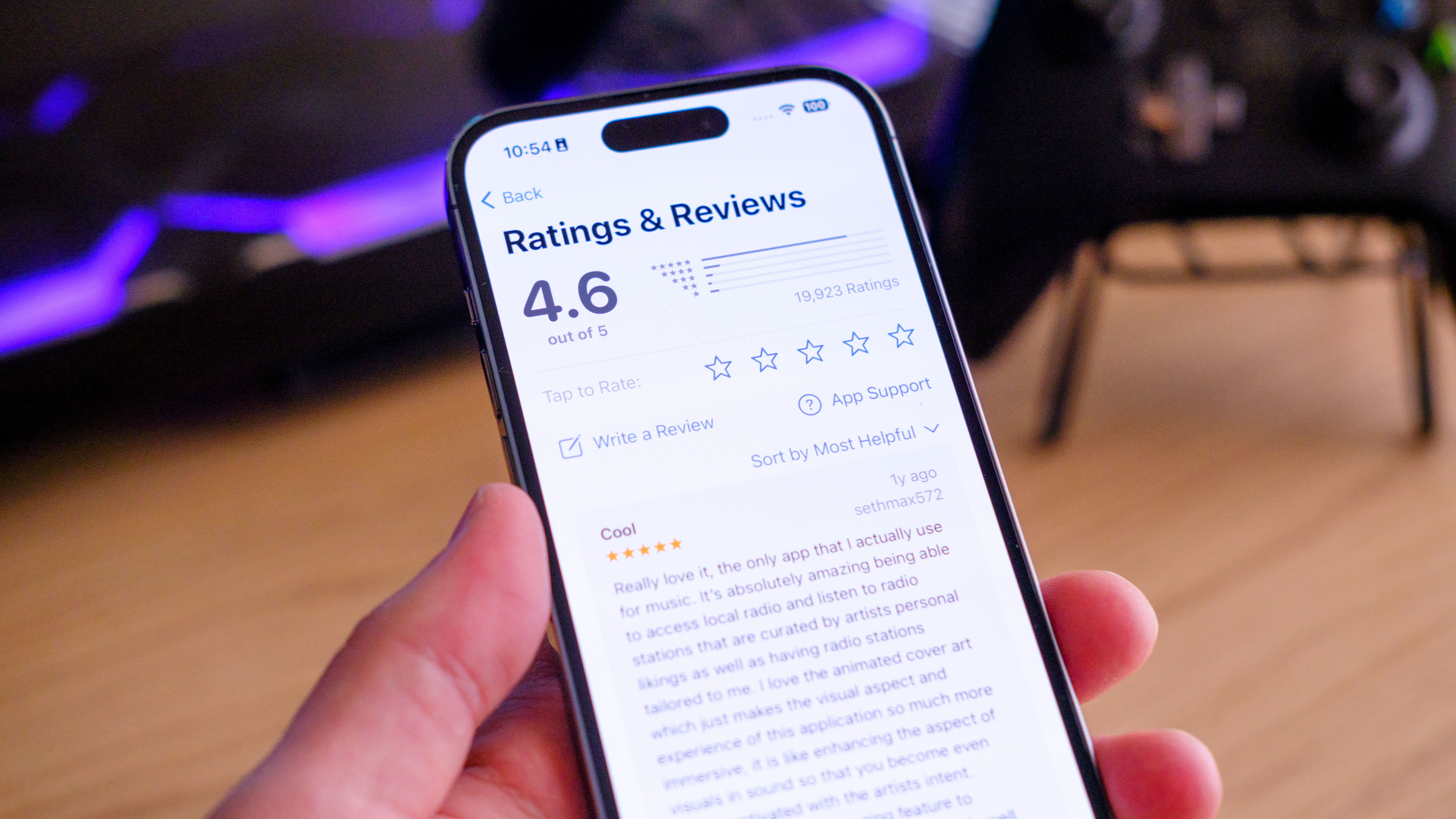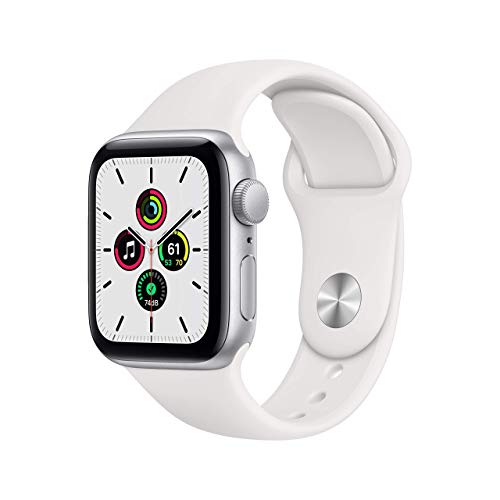Even though you may have downloaded it from an official app store, fake apps can lead to all sorts of problems, from fraudulent accusations to downloading malware to your smartphone. But what if the fake app in question imitates one of them? best password managers?
In one blog entry On its website, LastPass warns users that a fake app is imitating the site’s popular password manager Apple App Store. The app in question attempts to copy LastPass’s official app down to the smallest detail, using the company’s branding and mimicking its interface.
However, if you look closely, you will notice that the fake app is called “LassPass” and not “LastPass”. Unfortunately, due to the way our brains are wired to read, unsuspecting LastPass users may have accidentally downloaded this fake app. The reason for this is that the name plays on typoglycemia, the phenomenon that we still read a word correctly if the first and last letters are correct, but the letters in between are incorrect.
Fortunately, this fake “LassPass” app has now been removed from the App Store. However, if you download them and try to log in to your account, you might get into trouble. Here’s everything you need to know, as well as some steps to avoid falling for fake apps in the first place.
The worst kind of fake app
Other fake apps can’t do nearly as much damage as one posing as a password manager. This is because a password manager is used to store all of your login information across a variety of websites and online services.
However, at the moment we don’t know if this is a fake “LassPass” app – developed by Parvati Patel with a privacy policy hosted at blunee[.]com – could steal the credentials or Master passwords the LastPass user. However, if this were the case, it could have serious consequences for any LastPass user who accidentally downloaded it.
Your master password would allow the app’s creators to access your LastPass password vault and from there gain access to all credentials stored in it. From here, they could ban you from your social media accounts and, worse, charge your bank accounts.
If you have downloaded this fake LastPass app, you need to change all your passwords as soon as possible. If you still have access to the password manager, you’re in luck because it offers the ability to change many of your passwords automatically. However, if you don’t, you’ll have to do it manually, which can be a tedious and time-consuming process. Still, it’s better to lose access to all your online accounts.
How to spot fake apps in the App Store

Despite Apple and Google’s best efforts, fake apps posing as popular brands still manage to slip through the cracks from time to time. Therefore, even if you search for new apps in an official app store, you still need to be able to spot a fake.
In this case, simply checking the app’s name would have helped, as LastPass was misspelled. However, hackers, cybercriminals and scammers sometimes use foreign alphabets to create their fake apps – and websites – appear more legitimate. In this case, you want to scroll to the bottom of an app’s listing page and look for developer information in the Google Play Store or for seller information in the App Store.
The actual LastPass app is developed and distributed by LogMeIn, Inc., while the fake app had Parvati Patel listed as its creator. This is a big red flag and a sign that you should avoid an app completely. Typically, apps have the name of the company that developed them listed in the App Store, which is why a single developer’s name sticks out like a sore thumb.
If you are worried about fake apps in an official app store, you can always go to a company’s official website and go to their app store listing from there. However, be careful when searching on Google as scammers like to pose as big brands Buy ads in the search engine. This is why you should always scroll down past the sponsored results until you find the real results. Most companies have a direct link to their apps on their websites. If you’re concerned that you might not be able to spot a fake, this is the best course of action when installing new apps.
Another thing to pay attention to is reviews. While the actual LastPass app has over 52,000 reviews, the fake LassPass app only had a five-star rating. At the same time, you should also check all user reviews as people are quick to point out when they have been scammed by a fake or malicious app.
The fake LastPass app has since been removed from the App Store, but Tom’s Guide has reached out to Apple to find out more about how it happened in the first place. We’ll update this story if we hear back from the iPhone maker.




